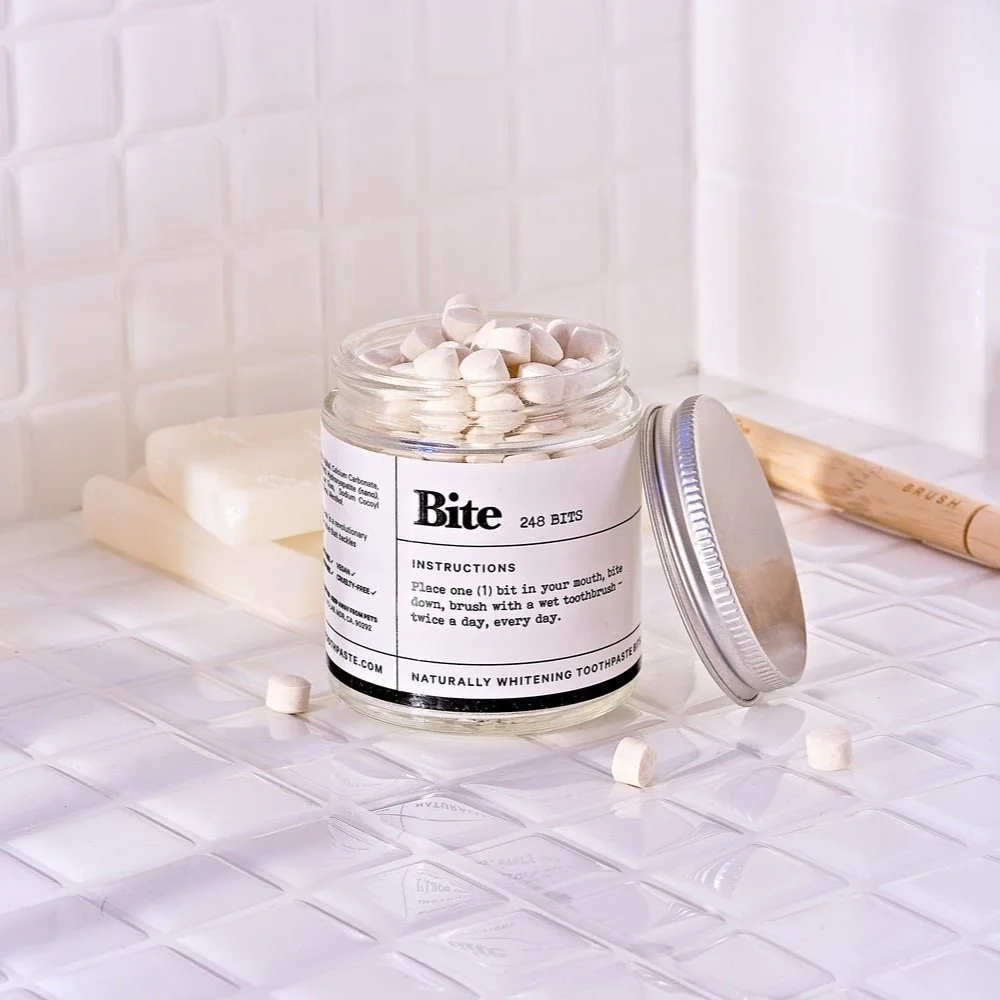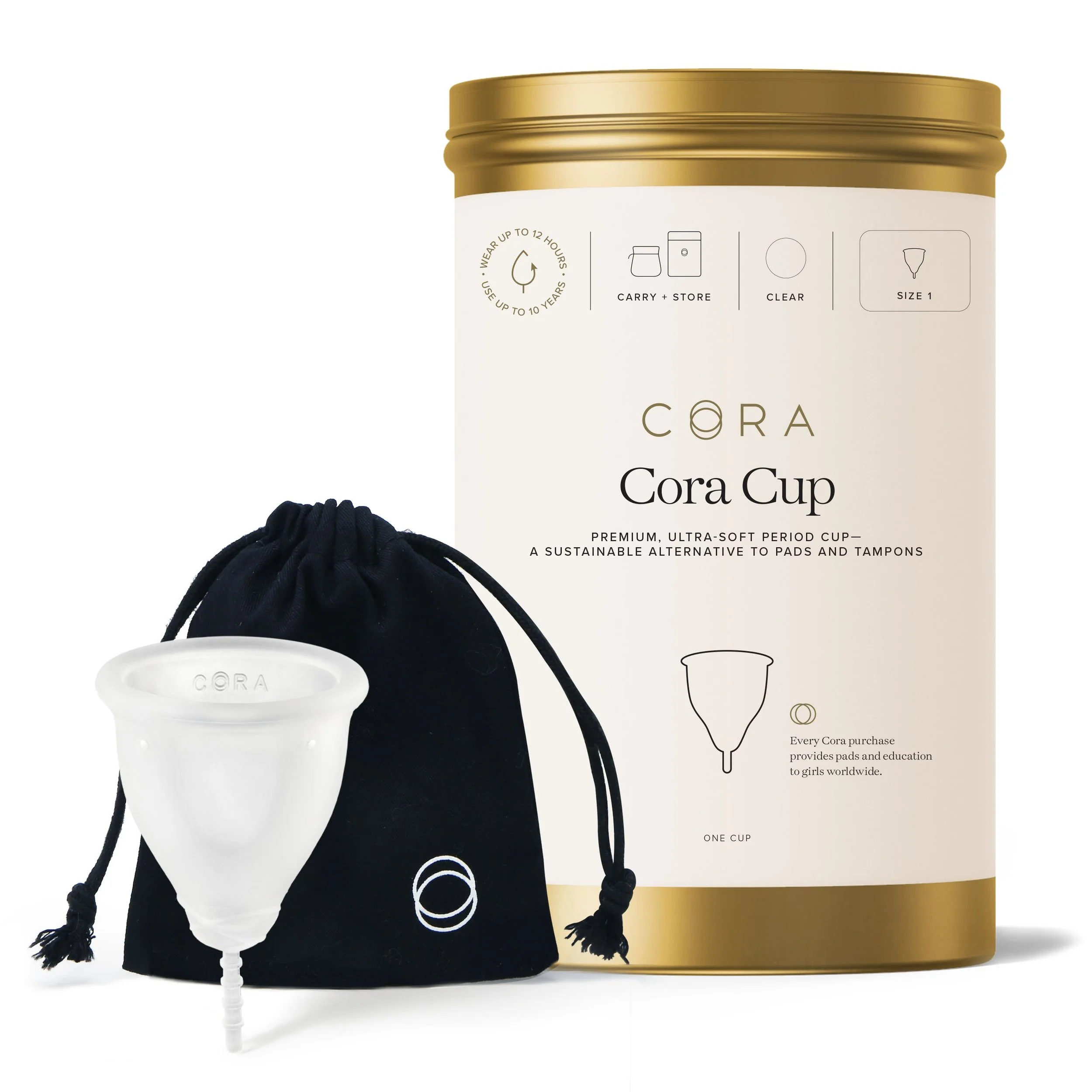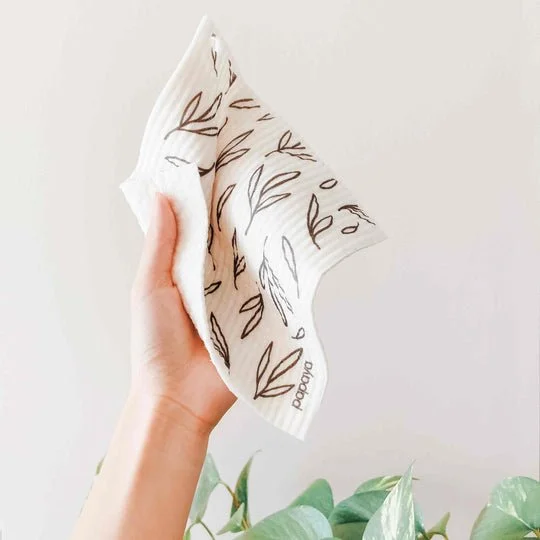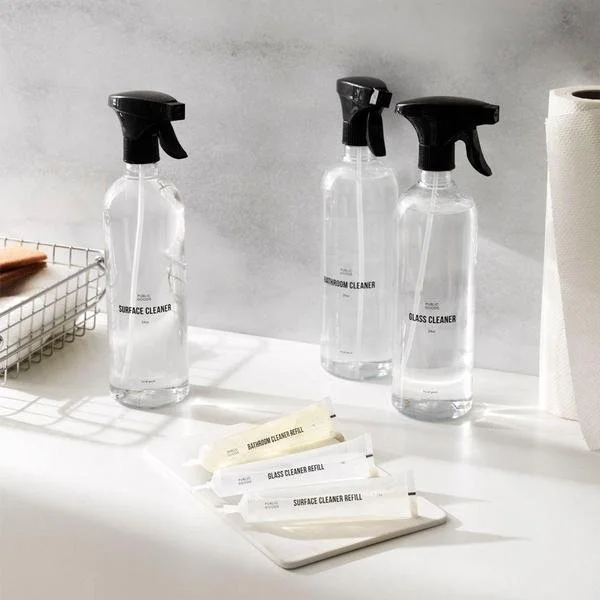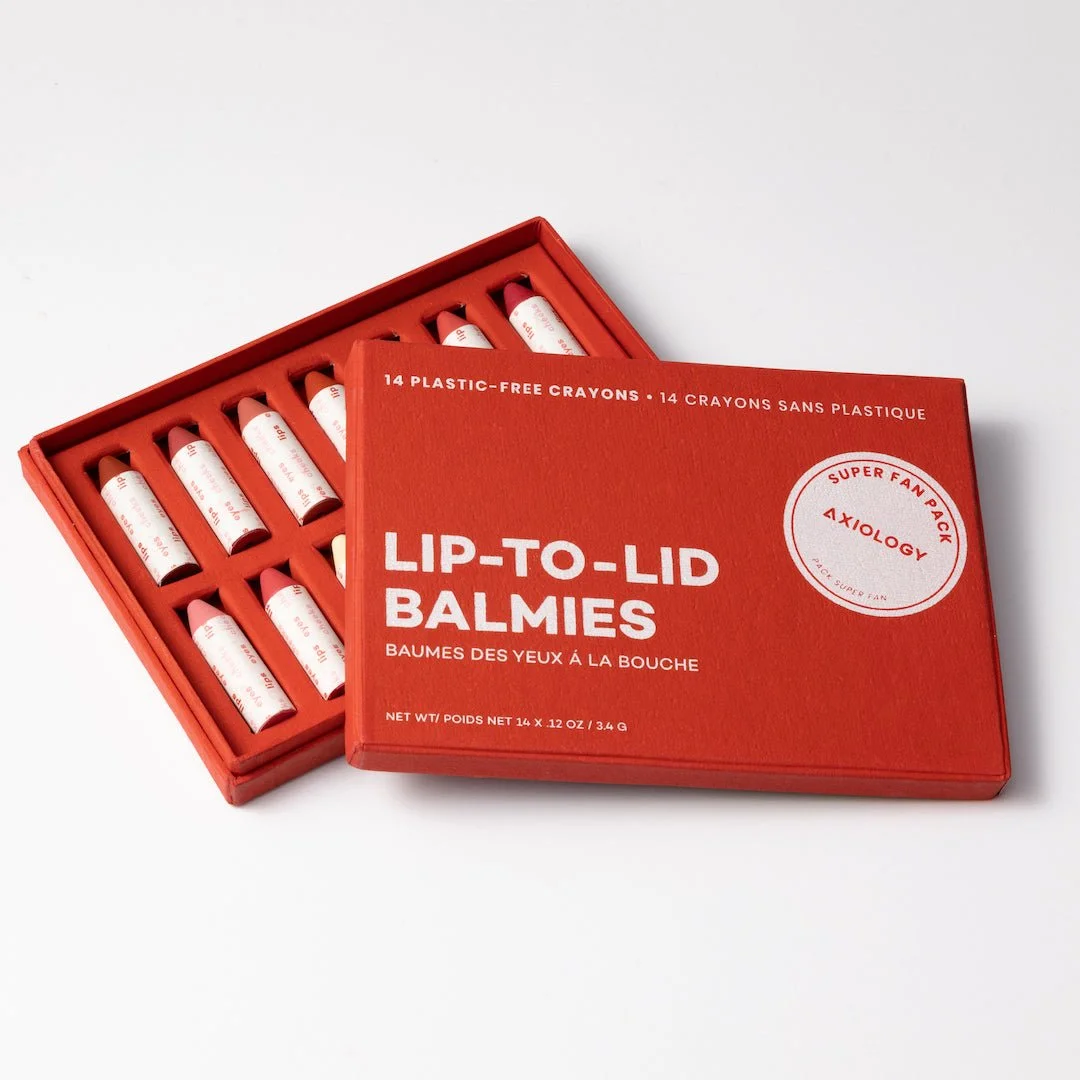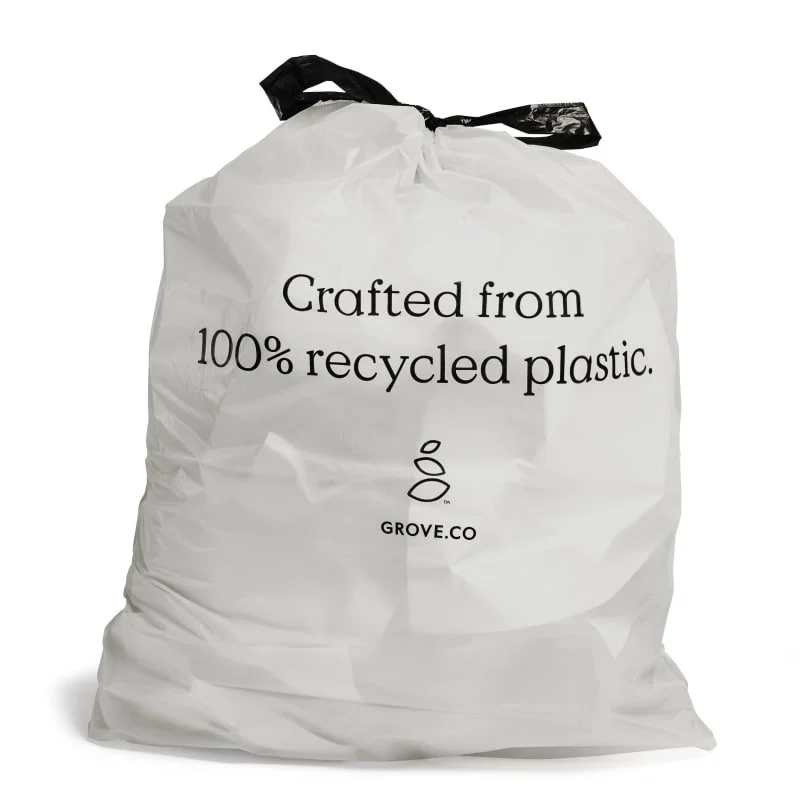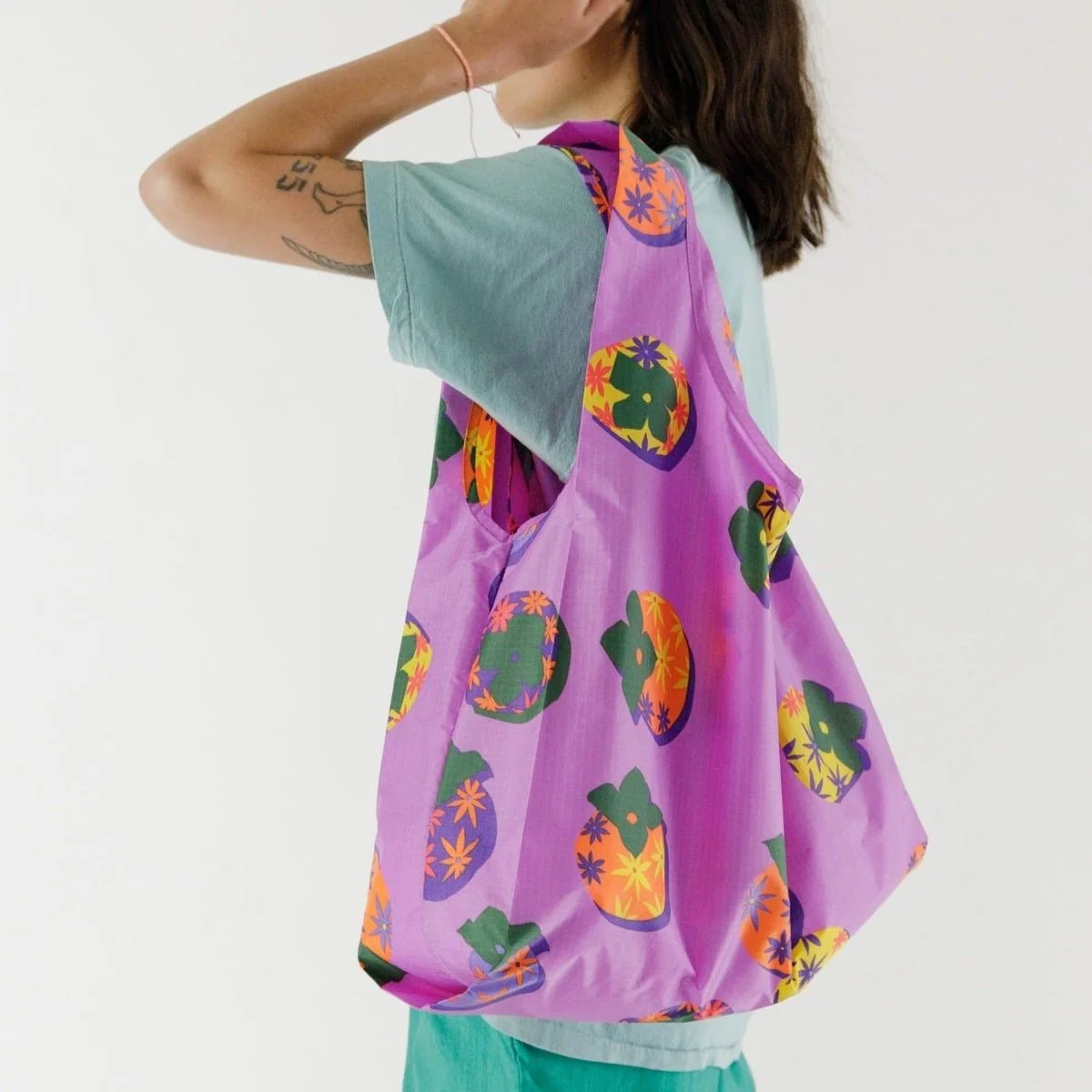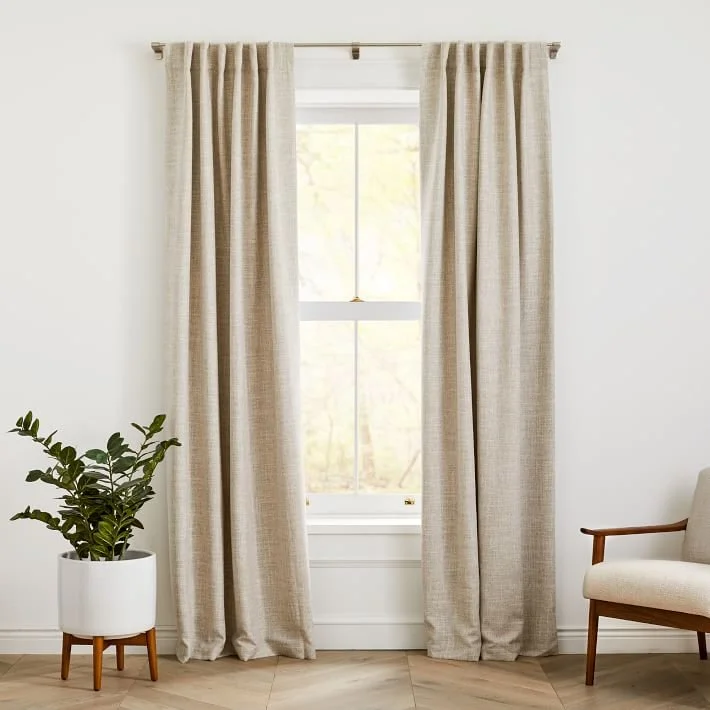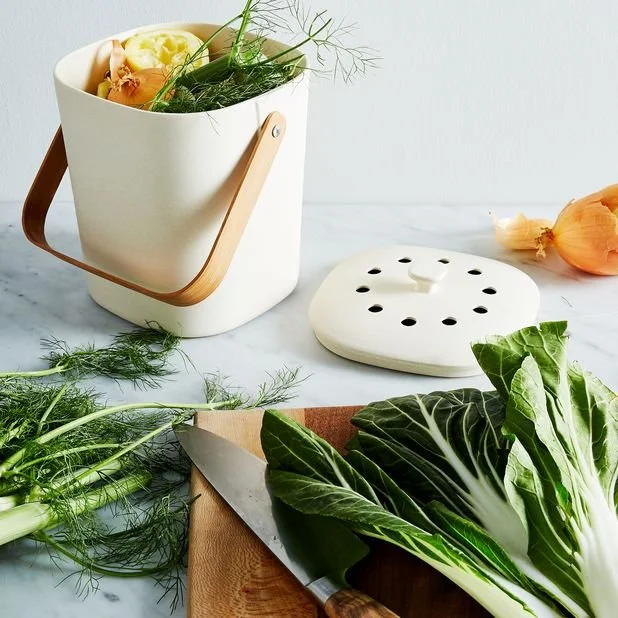14 Ideas for a More Eco-Friendly Household
It’s now easier than ever to source eco-friendly versions of the home goods we use everyday. From paper towels to cleaning products, there are steps we can take to make our living space more sustainable, as well as less toxic. While there are a myriad of ways we can be better stewards for the environment, we’ve suggested 14 simple options to get you started.
Use Eco-Friendly Toothpaste
Between dyes, artificial ingredients and sweeteners like saccharin, simply brushing your teeth can lead to the absorption of harmful additives that you would intentionally avoid otherwise. Better and Better toothpaste is a great way to cut these chemicals out of your daily routine and also prioritize the health of the planet. The formulas are vegan and full of bone strengthening vitamins like D3 and B12. If you want to cut the paste and go for an even more condensed cleanser, Bite toothpaste bits are a must-try. They are a plastic free, zero waste, naturally formulated alternative to traditional toothpaste. And they’re perfect for travel because they take up so little space in your luggage.
Swap Out Those Shampoo and Conditioner Bottles for Bars or Concentrates
A great way to make your lifestyle more sustainable is to try out waterless shampoo and ditch the plastic bottles for good. Shampoo and conditioner concentrates last up to three times longer than a single bottle and create a zero-waste solution for your shower time. Our favorite is Everist. You’ll get a 2-3 month supply in every 3.4 oz recycleable tube.
Switch to Organic Tampons or Try a Menstrual Cup
Using organic tampons is better for the environment and for your body. The cotton used in traditional tampons is often sprayed with toxic pesticides and herbicides, according to the National Wildlife Federation. This cotton is also frequently blended with synthetic rayon that contains dyes and inorganic fragrance and bleached using chorine bleach.
When it comes to the environment, growing organic cotton means that these tampons are biodegradable and don’t disrupt natural waterways or soil. Brands like Honeypot or Rael use organic cotton that is whitened using natural peroxide. Choosing an option with no applicator further eliminates waste.
Menstrual cups are an even more environmentally friendly choice, since they’re reusable and there’s zero waste. Saalt, Honeypot, and Cora are just a few of the brands out there. Saalt in particular is B corp certified and donates 2% of profits to a variety of organizations that support period health solutions for girls and women, whether through financial or product donations.
Burn Sustainable Candles
Surely we can agree that candles made from natural ingredients just smell better. LGBTQ-owned Boy Smells hand poured candles made from beeswax, coconut wax and natural oils are developed and designed in LA. They offer a range of gorgeous, genderless scents like Cedar Stack and Cashmere Kush to refresh your spirit as well as your space.
Opt For Reusable Alternatives to Single Use Paper Products
Paper products and adjacent goods, such as cotton balls, that are used once and then thrown away, create a strain on the environment from sourcing to production. Deforestation, over farming of singular crops, water pollution and greenhouse gas emissions are all direct results of excessive use of these disposable items.
To combat this, we can choose reusable alternatives. Compostable and antibacterial reusable paper towels from Papaya Reusables, and reusable cotton pads from Last Object, are amazing options when looking to lessen our impact on the environment. Switching to tree-free toilet paper from Public Goods is another a simple way to use less paper while not sacrificing comfort.
Use Safer Cleaning Products
Many health issues have been linked to bleach and chlorine based cleaners. While they are great for ridding spaces of mold, bacteria and mildew, bleach is powerful and should be used with caution. Phthalates is another chemical found in many household and beauty products. A cursory Google search will yield several pages of results on how these chemicals are harmful to both individual health and the environment.
Plant based, refillable cleaning products from brands like Public Goods or Blueland, can be just as effective for cleaning your home, without introducing you or your family to unhealthy chemicals.
Avoid Products That Contain Palm Oil
Palm Oil can be found in an array of beauty and food products. Even if you’re reading the labels and trying to avoid it, it is often disguised and labeled under alternative names such as calcium stearate, caprylic acid, and calcium stearoyl. Because palm oil products are being produced on such a major scale, environmental issues such as soil erosion and climate change that are linked to production are common and increasing. Not to mention, according to the World Wildlife Federation, for every metric ton of palm oil produced, 2.5 metric tons of waste is introduced into our fresh waterways. Axiology’s Lip to Lid Balmies are an easy swap out and a great way to add a multi-use, vegan, plastic free, palm oil free product to your daily makeup routine.
Use Recyclable Garbage Bags
Don’t you think it’s weird that we take our trash out in, well, more trash? We think so. An easy way to cut down on waste and contribute less single-use plastics to landfills is to stop using regular plastic trash bags and start using bags made from 100% recycled plastic like these from Grove.
Carry Reusable Shopping Bags
One of the easiest things you can do to make your home and lifestyle more sustainable is to use reusable shopping bags. To make things more convenient (and make sure you never forget your reusable bags again), try using ones that fold up into a pouch like our faves from Baggu.
Make the Switch to Energy Efficient Lightbulbs
To cut down on electricity consumption (and lower your electric bills), swap out your halogen and incandescent bulbs for more efficient LED bulbs. LED lights not only use 75% less energy but also last about 25 times longer. You’ll get brighter lights and only need to change them every 20+ years.
Install a Smart Thermostat
One of the biggest energy hogs in your home is your temperature control system. If you have central heating and air, you have to actively make an effort to continuously monitor your temperature if you want it to be more efficient. With a smart thermostat like the Nest Learning Thermostat you can have full control over how much air conditioning or heat your home is getting around the clock and can be sure you aren’t wasting energy when it isn’t needed. You can even control it from an app on your phone so you can still come home to a warm/cool house by turning it on a few minutes before you arrive.
Cool Rooms Naturally With Blackout Curtains
If you’re looking for an energy efficient way to cool any room in your home, consider hanging some fair trade certified blackout curtains by West Elm. They help block your room from the heat that the sun generates, meaning you will use less energy to cool your house. Not to mention, blackout curtains are also great for privacy and getting a restful night’s sleep.
Change How You Use Appliances
Opt for your countertop appliances whenever possible. From the toaster oven to the crockpot, these smaller appliances use less energy and there is almost always less clean up involved too. Really want to save the most energy? Try a pressure cooker - they cook food up to 30% faster and use anywhere from 50%-75% less energy than baking or stovetop cooking.
Hot tip: Be sure to unplug your small appliances after use. Even when not in use, they can still be using precious resources and costing you money. It’s called “phantom energy” and this unnecessary usage could account for 10% or more of your monthly power bill. Read more about Phantom Energy here.
Compost Food Scraps
Composting is important for many reasons. According to the EPA, Methane gasses are released when foods decompose and that negatively affects the atmosphere and climate. Instead, food that is composted makes nutrient rich soil and reduces the need for harmful chemical fertilizers.
There are many products on the market that make composting easier. This countertop bamboo countertop container from Food52 is both stylish and functional, and has an odor blocking filter so you can leave it out and no one will be the wiser. If you don’t have the ability to turn your compost at home, do not fret. There are companies in many metropolitan areas that will take your compost and in some cases even pick it up from your home. Moonshot Houston and Compostable LA have pick up and drop off services to make composting easy.
Living a sustainable lifestyle starts at home. Make some of these small changes to reduce your carbon footprint and contribute to a healthier, happier planet.



